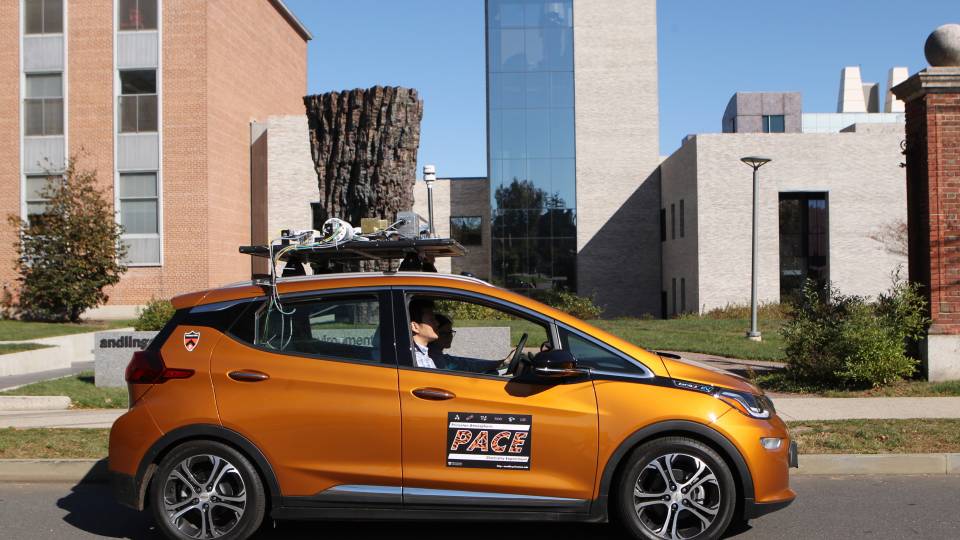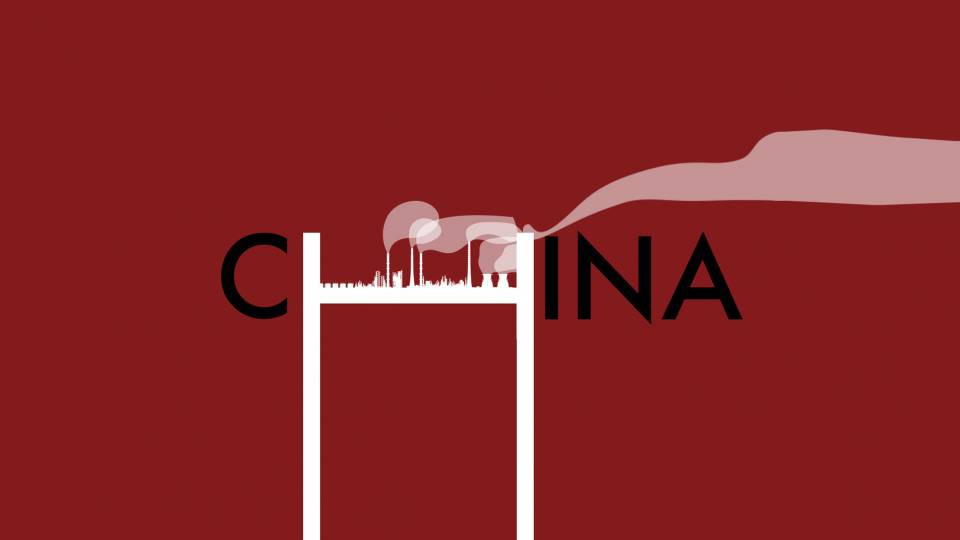Reducing methane emissions from industrial operations and other human activities can help save thousands of lives over the next three decades by diminishing global air pollution, according to a study by Princeton researchers.
Methane is a greenhouse gas that contributes to global warming and ozone air pollution. The study found that a 20 percent reduction in human methane emissions from current levels would prevent an estimated 370,000 premature deaths worldwide between the years 2010 and 2030, including 30,000 deaths in 2030.
Methane contributes globally to the formation of ozone, which has dual effects: Ozone protects against the sun's harmful ultraviolet rays high up in the atmosphere, but it is a pollutant at ground level, where it can aggravate respiratory and cardiovascular problems. Efforts to control methane emissions have largely focused on reducing global warming, while less attention has been paid to methane's impact on air pollution and human health, said Jason West, a research associate at Princeton who led the study, which was published in the March 14 issue of the Proceedings of the National Academy of Sciences.
"Reducing methane emissions is good for slowing global climate change, but it is also good for improving ozone air quality," West said. "We show that when the global health benefits of reducing ozone pollution are accounted for, they can exceed the costs of methane emission controls."
West, who has appointments in the Program in Atmospheric and Oceanic Sciences and the Woodrow Wilson School of Public and International Affairs, said the benefits in terms of both climate control and public health support the need for government actions to reduce methane emissions.
The paper's co-authors are: Denise Mauzerall, an assistant professor in the Woodrow Wilson School and the Program in Science, Technology and Environmental Policy; and Arlene Fiore and Larry Horowitz, physical scientists at the Geophysical Fluid Dynamics Laboratory, a U.S. government lab located on Princeton's Forrestal Campus and funded by the National Oceanographic and Atmospheric Administration.
The study focuses on reductions in methane emissions from coal, oil and natural gas operations, landfills and wastewater treatment. Global methane concentrations have more than doubled since pre-industrial times, with about 60 percent of total methane emissions coming from human activity and the remainder from natural sources, according to the U.S. Environmental Protection Agency.
Using computer models to demonstrate the effect of methane reductions on ozone levels, the researchers calculated that the cost of emission controls, estimated at less than $100 per metric ton of methane eliminated, would be far outweighed by public health savings valued at $240 per metric ton. Those savings are based on previous public health and environmental studies that valued each premature death avoided worldwide at $1 million.
Efforts to reduce methane concentrations include plugging leaks in natural gas extraction and distribution networks or capturing emissions of methane from landfills and reusing it on-site as an energy source. Since methane is the main component of natural gas, some actions to capture methane may come at a cost savings -- even before factoring in health benefits -- due to the value of the energy that is recovered.
According to the EPA, U.S. methane emissions today are 10 percent lower than they were in 1990. The EPA established an international initiative, the Methane to Markets Partnership, to promote methods for reducing methane emissions by recovering it and using it as a clean energy source. The partnership, instituted in 2004, includes 17 countries that represent almost 60 percent of global methane emissions.
West said, "The EPA program is an example where we are moving forward, but as a voluntary program it will only get so far. If we want to achieve the larger reductions that we analyzed in the paper, we need some methane reduction policy because we can't rely on the goodwill of companies to do it."
The study also emphasizes that while ozone air pollution has been traditionally viewed as a local or regional problem, reductions in methane emissions from anywhere can decrease ozone concentrations worldwide -- improving ozone air quality in both highly polluted and remote regions.
"Our work shows that reducing emissions of methane can save lives due to resulting global reductions in background concentrations of ozone," Mauzerall said. "Our findings should provide additional motivation to the regulatory community to control methane emissions."
West said, "Methane reductions are a unique and pretty exciting way that we can think about managing the global background of ozone. That is a different way of thinking about the ozone air pollution problem, where it used to be that Los Angeles' problem was Los Angeles' problem or Europe's problem was separate from the United States. Our work shows that ozone is a global air pollutant, and we can help address everybody's air pollution problem all at once."




